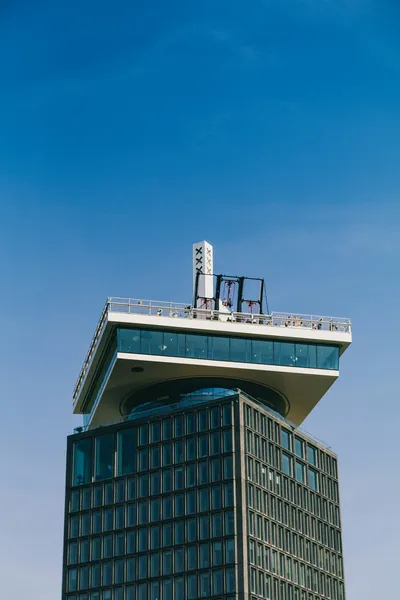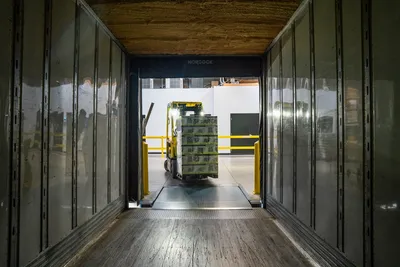Leveraging Technology to Enhance Logistic Operations

The Importance of Advanced Technology in Logistics
In today's competitive e-commerce landscape, efficient logistics operations can make or break a business. Leveraging technology is no longer a luxury but a necessity to streamline processes and stay ahead of the competition.
Improved Real-Time Tracking
Real-time tracking solutions allow businesses to monitor their inventory, shipments, and delivery statuses live. Implementing GPS technologies and IoT devices can provide insights into transit times, providing customers with accurate delivery windows and improving overall satisfaction.
Automation and Robotics
Automation in warehouses and fulfillment centers can significantly reduce human error and labor costs. Robotics can handle repetitive tasks with precision, ensuring that operations run smoothly and efficiently. Technologies like Automated Guided Vehicles (AGVs) and robotic arms play a crucial role in speeding up sorting, picking, and packing processes.
Data Analytics and AI
Data analytics and artificial intelligence (AI) enable businesses to make data-driven decisions by analyzing patterns and predicting future trends. Using these technologies, companies can optimize routes, reduce fuel costs, and improve delivery times. Additionally, AI-powered chatbots can enhance customer service by handling inquiries and complaints promptly.
Blockchain for Enhanced Security
Blockchain technology ensures that all transactions are secure and transparent. By implementing blockchain, e-commerce businesses can build trust with their customers through tamper-proof data concerning their products’ origins, ensuring authenticity and reducing the risk of counterfeit goods.
Challenges and Solutions in Implementing Advanced Technologies
Despite the benefits, integrating advanced technologies into logistics can be challenging. Common issues include high initial costs, underskilled labor, and resistance to change. However, businesses can overcome these obstacles by:
- Investing in employee training to ensure staff are capable of operating new systems.
- Gradually implementing technology in stages to manage costs and allow for smoother transitions.
- Demonstrating the long-term ROI of these technologies to stakeholders to gain their support.
Future Trends in Logistic Technologies
As we look to the future, several emerging trends stand out:
Drones and Autonomous Vehicles
Drones and self-driving delivery vehicles are set to revolutionize the last-mile delivery process. These innovations promise quicker, more efficient delivery services, especially in urban environments and hard-to-reach areas.
Internet of Things (IoT) Integration
IoT integration is expected to expand, offering enhanced connectivity between devices in the supply chain. This integration will lead to more dynamic and responsive operations, improving both efficiency and customer satisfaction.
Augmented Reality (AR) for Warehousing
AR technologies can assist in better inventory management and picking processes within warehouses. This technology allows workers to visualize complex logistics and improve coordination and accuracy in handling goods.
By embracing these emerging technologies, e-commerce businesses in Australia can significantly enhance their logistics operations, leading to greater efficiency, better customer experiences, and a stronger competitive edge.
Top Articles: E-commerce Logistics
Check out our most popular articles, loved by logistics professionals and e-commerce businesses across Australia.

Understanding the Role of Fulfillment Centers in E-commerce


